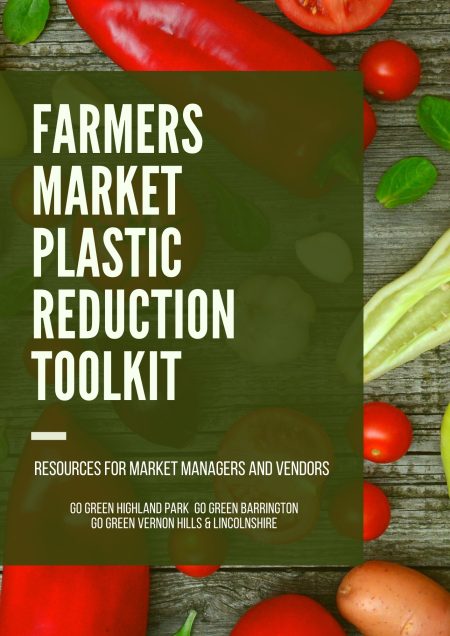By Lori Cloutier, Co-Chair, ESRAG Plastics Solutions Task Force
This article is part of ESRAG’s December focus on circular economy.
Unless you live in a (plastic) bubble, you already know that single-use packaging and serving ware (SUP) make up to 40 – 50% of the plastic products fueling the global plastic waste crisis. Businesses are launching refill-and-reuse solutions for consumers around the world, as you can see in Upstream Solutions’ global library of reuse service providers. Tech-enhanced packaging systems are using unique QR codes, blockchain-inspired technology, cashless transactions, rfid, touchless vending and user-friendly apps to build something entirely new.
According to the United Nations Environment Program (UNEP) and other environmental organizations, there are no disposable alternatives without big sustainability issues of their own. UNEP’s data-driven recommendation is to replace disposables with refill and reuse systems. This post offers you exciting examples, links to technical assistance, and Rotary Club initiatives that you can replicate.
Business examples: You can request entrepreneurial advice from Enviu’s Zero Waste Living Lab. Their team is based in Indonesia where a number of businesses are pioneering effective ways to reduce massive plastic pollution. Here are examples from three continents:
Koinpack – uses blockchain-inspired technology to replace sachet packaging for home and personal care products in the warungs (small family-owned shops) of Indonesia. Based on a deposit-reward system, customers return the packaging and receive their deposit back.
Muuse – customers download an app, they “borrow” cups and meal containers for free, then return them to the eatery or collection bins when done. Each cup has a unique QR code, so if it is not returned within a certain time, the customer is charged via the app. Muuse is currently operating in parts of Singapore, Hong Kong, Canada and the US. Cupkita in Jakarta offers a similar service based on Muuse development.
Hannoccino – Started and run by the city of Hannover,Germany, participants buy into the Hannoccino cup program, and can use or deposit the bright red cup throughout the city. Similarly, the Freiburg Cup programs run in Freiburg.
Repack – Reusable mailers for companies operating in Jakarta. A software integration allows businesses to offer customers a choice to receive their order in a reusable Repack mailer, which can then be used for returns, or returned in any letterbox in the world.
And here are several successful alternatives that Rotary Clubs have implemented:
Meals on Wheels: Castro Valley Rotary Club provided grant assistance to help their local Meals-on-Wheels (a US nutrition program for senior citizens) convert from disposable to reusable food trays. Clubs who are interested in pursuing this project can get invaluable assistance from this Tool Kit produced by Beyond Plastics, or watch this video made by the respected “Story of Stuff” team. The Meals on Wheel project serves 25,000 meals a week and saved $32,000 in just the first year after switching to reusable containers,” reports the Story of Stuff’s YouTube channel https://www.youtube.com/@StoryofStuff
Filtered Water Bottle Refill Stations: A Rotoractor in Red Lodge, Montana helped place a mobile water refill station in town. Note: One lesson learned is to be sure to have a clear written agreement about who maintains the station, agreed upon by all involved parties!
Club Plastic Use Policy: In Australia, the Rotary Club of Highton developed a Club Plastic Policy that encourages the limitation of plastic disposable plates, cups, straws, bottles, and disposable coffee cups, or the use of plastic balloons at their events and fundraisers.
Near-0 Waste Community Biking Fundraiser: Borrowing tableware, using water dispensers, purchasing light-weight washable cups, and selecting finger-foods, Poulsbo Rotary in Washington State, US was able to reduce disposables at a large community bike ride. The Club held a “Wash Up Celebration” after the event, borrowing a local commercial kitchen to create a fun work party where members bonded over soap bubbles. (The club will neither confirm or deny that wine and craft pizza was involved after the tableware and cups were clean…)
Plastic-Free Farmer’s Markets: Go Green has a toolkit Rotary Clubs can use to encourage and assist local Farmers’ Markets to use fewer plastics. The graphic in this post is the cover of Go Green’s Farmers’ Market Toolkit.

